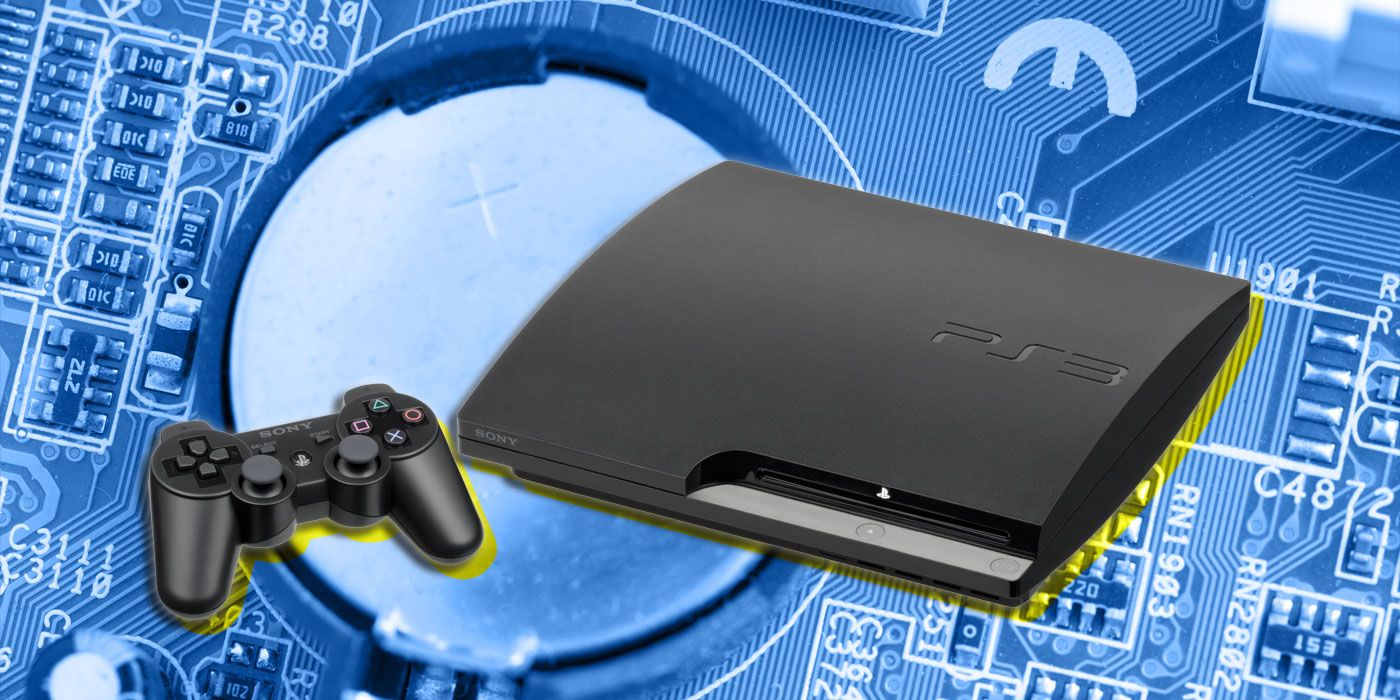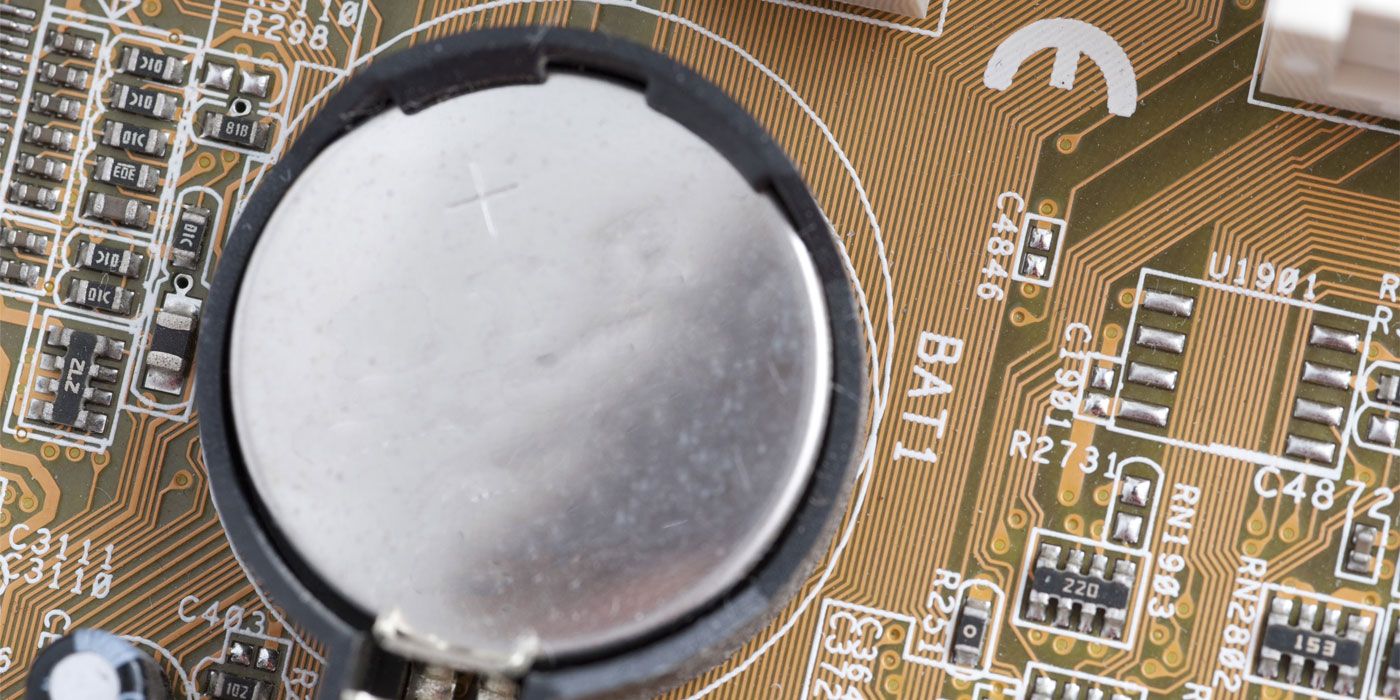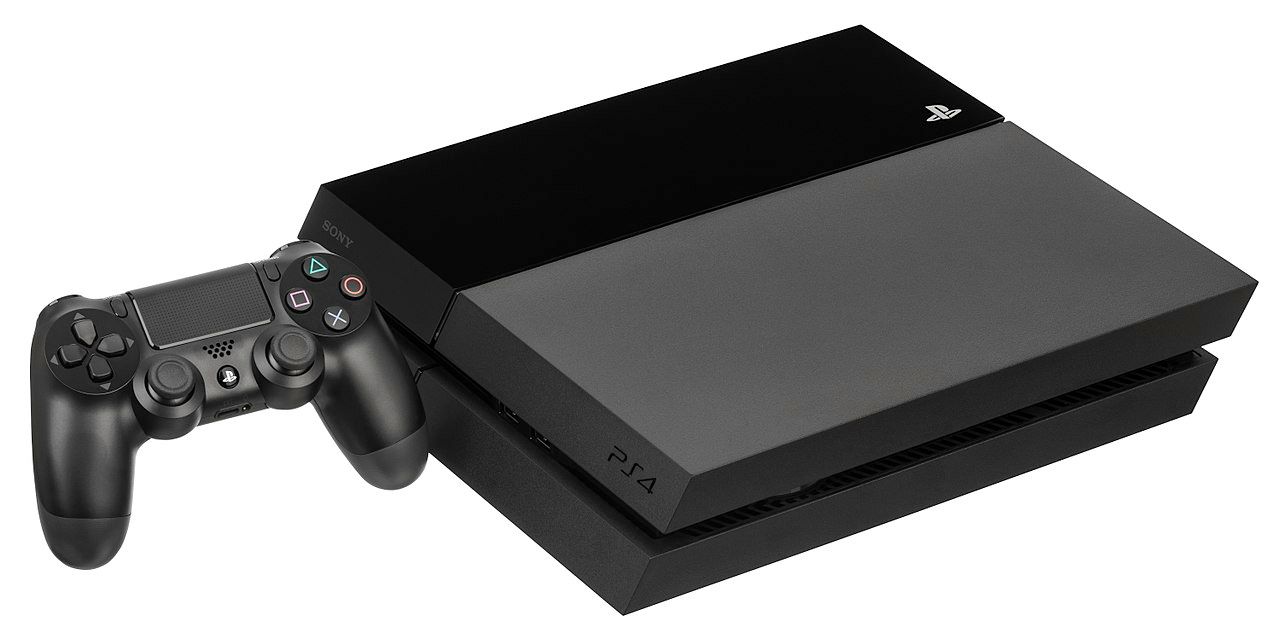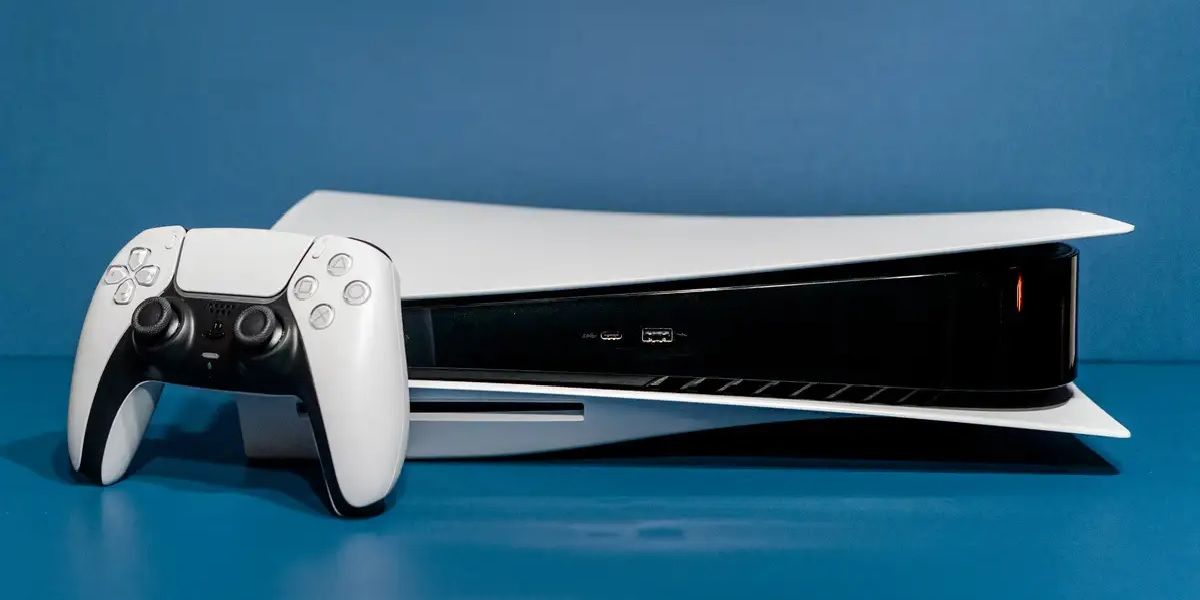Gamers have long been concerned about the inevitability of their digital purchases being lost, and that is becoming a step closer to reality this summer. Sony will be shutting down the PS3, PSP and PSVita stores soon, and while games will still be available to download, new purchases will no longer be possible.
The situation may be getting more dire than one believes, though. A recent YouTube video highlighted that the PlayStation 3 and PlayStation 4 could fall victim to CMOS Drain issues. The end result? You may not be able to play any of your digital games...or your physical ones.
Let's start with explaining the essential components of the issue here. The CMOS, or complementary metal-oxide-semiconductor, is the circuit type used to seat a battery to a motherboard. They're pretty commonplace; every computer you've ever had uses one. They're used to provide an independent power source to store settings for the board, such as the date, time and basic configuration information. This way, even if the board is completely removed from power, the system will still remember your configuration options.
CMOS Drain sounds terrifying, but it's honestly just the CMOS working as intended. Batteries drain, and over time the CMOS battery will die. For your computer, this isn't a problem -- you (or a repair technician) replace the inexpensive battery. You may have to redo some settings or connect to the Internet to reset your date and time, but it's not an issue for most devices.
CMOS Drain has been devastating for gamers, though. This first became a known issue when NES-era The Legend of Zelda cartridges were blowing up on the secondhand market. Those cartridges used a then-revolutionary save system that used a battery-powered form of RAM to preserve your data. However, over time, those batteries began to die, resulting in lost save data. You could restore the functionality by opening the Game Pak and replacing the battery, but that saved data was lost.
It's the same fundamental issue for the PlayStation 3 and PlayStation 4, but a little more severe. The CMOS on those devices stores the date and time, but it does so as a form of DRM. It checks the saved date and time information against the information from PSN before booting any game. If the CMOS is dead, the system can still play games provided it can connect to the PSN. Similarly, if PSN is down, the system can boot most games if the stored CMOS data matches that from the last time the console checked PSN. This isn't just for digital games, either -- physical games require this check as well.
Therein lies the problem. Sony's PSN will, inevitably, one day shut down on these consoles, and the closure of their respective PlayStation stores is the first step toward that future. Because Sony has neglected to focus on backwards compatibility for their consoles, many of these games will eventually be unplayable. This isn't a new idea, either; some enthusiasts have been warning about this for years as digital content became more commonplace.
One of the more prominent voices for the cause is YouTuber Hikikomori Media, who recently released a video where he tested various PlayStation consoles by installing a dead CMOS and then trying to boot up while not connected to PSN. The result was the same each time: the game would not play. Hikiko stressed he wasn't aiming to scare users but to educate and raise awareness. When asked why he didn't bring it to Sony's attention, he points out he has, through every user-facing platform available, but Sony has so far ignored his concerns.
Sony's failure to focus on or significantly implement backwards compatibility has long been a sticking point for even the most die-hard PlayStation fans. While the PS3 initially offered the ability to play PS1 discs via software emulation and PS2 discs via hardware emulation, the PS2 component was soon removed as a cost-cutting measure, and the PS4 lacked any form of official backwards compatibility.
The PlayStation 5 is a step in the right direction, featuring PS4 compatibility, but it still does not support games for the PlayStation 1 through 3, and that's not even getting into the largely ignored PSP and PSVita libraries. Between the inevitability of hardware failures and network closures, a host of classic titles could soon be unplayable on original hardware, from the golden age of PS1 JRPGs to modern classics like the original release of Demon's Souls. Sony could still offer backwards compatibility via emulation, but this brings it back to the issue at hand: will the PS5 eventually suffer the same CMOS Drain shutdown?
So what can users do? For now, not panic. The games are still playable today, and it's unlikely that they'll be disappearing for good any time soon. The ball rests entirely in Sony's hands, and as Hikiko points out, it could be as simple as a patch removing the CMOS check from PS3. The best thing to do now is enjoy the games you have while you can and hope that the success of Xbox's backwards compatibility focus catches on.




